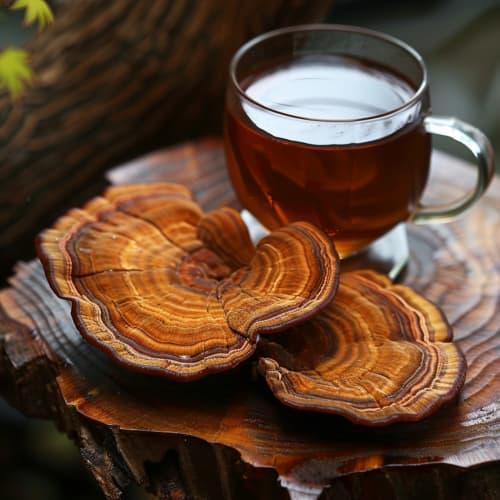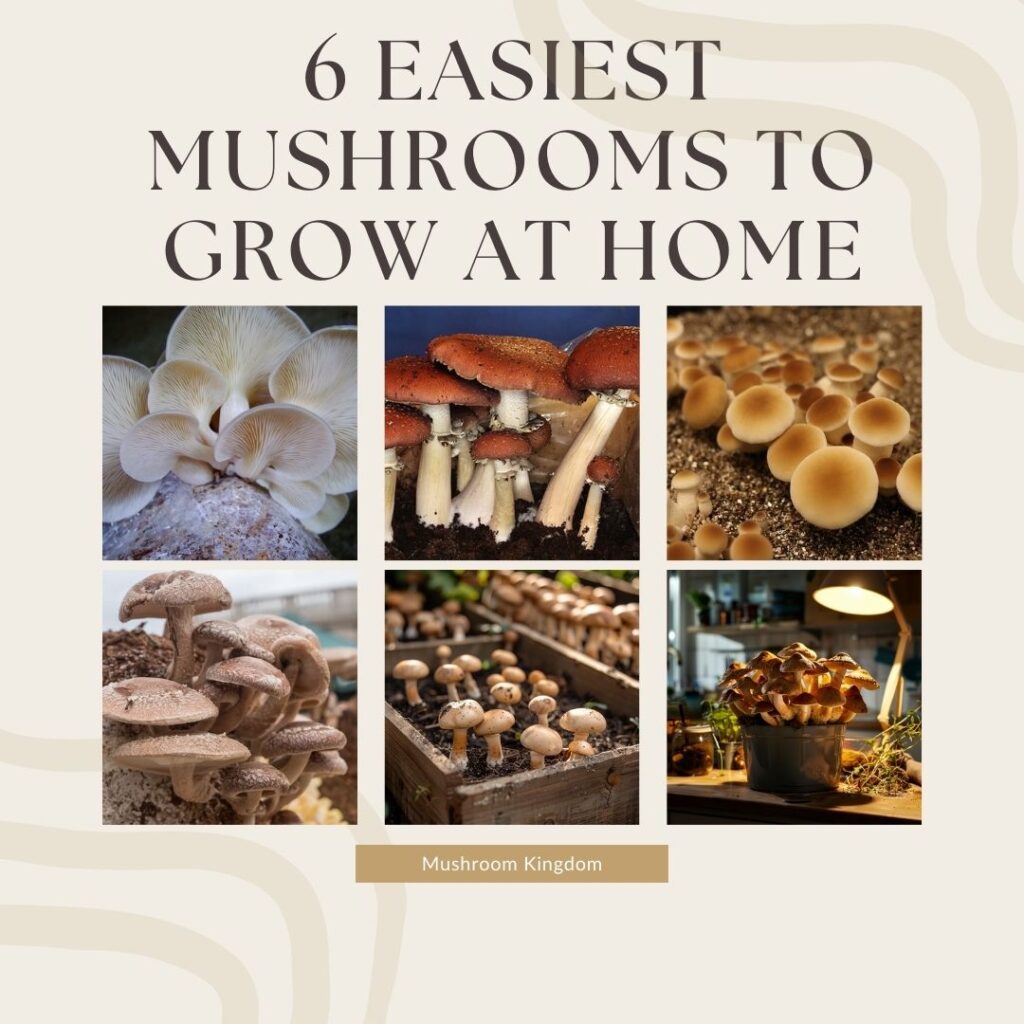Hair loss is a common concern for many individuals, with factors such as genetics, hormonal changes, stress, and medical conditions playing significant roles.
Amidst the quest for solutions, various natural remedies have gained attention, including the potential role of mushrooms. While mushrooms are known for their culinary and medicinal properties, can they truly halt hair loss?
In this article, we delve into the science behind mushrooms and their purported benefits for hair health.
How Mushrooms Stop Hair Loss
Mushrooms, such as shiitake, contain essential nutrients like copper, which is important for the production of melanin, the pigment responsible for hair colour.
Adequate copper levels may help maintain the health of hair follicles, potentially reducing the risk of hair thinning or loss.
Next, other mushrooms contain polysaccharides known for their immune-modulating effects.
A balanced immune system is crucial for overall health, including scalp health. By supporting immune function, mushrooms may indirectly contribute to maintaining a healthy environment for hair follicles.
Compounds found in lion’s mane mushrooms have been shown to stimulate the production of nerve growth factor (NGF), a protein essential for nerve cell maintenance and regeneration.
While the direct implications for hair health are not fully understood, a healthy scalp environment supported by adequate nerve function could potentially promote optimal conditions for hair growth.
Shiitake Mushrooms
Shiitake mushrooms are prized for their rich flavour and nutritional profile. They contain significant amounts of copper, a mineral essential for the production of melanin, the pigment responsible for hair colour.
One popular way of taking Shiitake is through different smoothies either through powder or cooked.
Maitake Mushrooms
Maitake mushrooms are known for their immune-modulating properties, primarily attributed to polysaccharides like beta-glucans.
While their direct impact on hair health is not extensively studied, a balanced immune system is crucial for overall well-being, including scalp health.
By supporting immune function, maitake mushrooms may indirectly contribute to maintaining a healthy environment for hair follicles.
Reishi Mushrooms
Reishi mushrooms, often referred to as the “mushroom of immortality,” have been used for centuries in traditional medicine.
Rich in antioxidants, including polysaccharides and triterpenoids, reishi mushrooms possess anti-inflammatory properties that may benefit the scalp.
By reducing inflammation, they could potentially mitigate damage to hair follicles and support optimal conditions for hair growth.
Here is a quick recipe for a perfect reishi mushroom tea:
- Bring 1–2 cups of water to a boil in a small pot or kettle.
- If you’re using a Reishi mushroom tea bag, place it in a mug. If you’re using dried Reishi mushroom slices, add them directly to the boiling water.
- Pour the boiling water over the Reishi mushroom tea bag or slices in the mug. Let the tea steep for about 5–10 minutes, depending on your preference for strength.
- If desired, add a spoonful of honey or maple syrup to sweeten the tea. You can also add a few slices of lemon for added flavour.

Lion’s Mane Mushrooms
Lion’s mane mushrooms are gaining attention for their potential neuroprotective effects.
Research suggests that compounds found in lion’s mane mushrooms may stimulate the production of nerve growth factor (NGF), a protein essential for the maintenance and regeneration of nerve cells.
While the direct implications for hair health are speculative, a healthy scalp environment supported by adequate nerve function could indirectly promote optimal conditions for hair growth.
Some of the most popular ways of consuming lion’s mane is:
- Grill or roast Lion’s Mane mushrooms whole or in slices for a delicious and meaty texture. Season them with salt, pepper, and olive oil before grilling or roasting to enhance their natural flavours.
- Add diced or sliced Lion’s Mane mushrooms to omelettes, frittatas, quiches, and other egg-based dishes for a hearty and nutritious breakfast or brunch option.
- Brew Lion’s Mane mushrooms into a tea or add Lion’s Mane mushroom extract to your coffee for a unique and health-promoting beverage.
How To Use Mushrooms To Stop Hair Loss?
Incorporating mushrooms into your diet can be a flavorful and nutritious way to potentially support scalp health and hair growth. Here are some ways to include mushrooms in your meals:
Incorporate into Meals
Add a variety of mushrooms, such as shiitake, maitake, reishi, and lion’s mane, to your favourite dishes. You can sauté mushrooms with garlic and herbs as a side dish, toss them into stir-fries and pasta dishes, or include them in soups and stews for added flavour and nutrition.
Blend Mushrooms into Smoothies
While this may sound unconventional, certain mushroom powders, such as reishi or lion’s mane powder, can be added to smoothies without significantly altering the taste. Blend them with your favourite fruits, vegetables, and other ingredients for a nutrient-packed beverage that may support overall health, including scalp health.
Make Mushroom Broths or Teas
Create flavorful mushroom broths or teas by simmering dried mushrooms in water with aromatics like ginger, garlic, and onions. Strain the broth and enjoy it as a soothing beverage or use it as a base for soups and sauces. Reishi mushrooms, in particular, are commonly used to make herbal teas known for their potential health benefits.
Consider Mushroom Supplements
If you’re not a fan of mushrooms or have difficulty incorporating them into your diet, you can consider mushroom supplements. These supplements typically contain extracts or powders derived from mushrooms and are available in various forms, including capsules, powders, and tinctures. Be sure to choose reputable brands and consult with a healthcare professional before adding supplements to your regimen.


